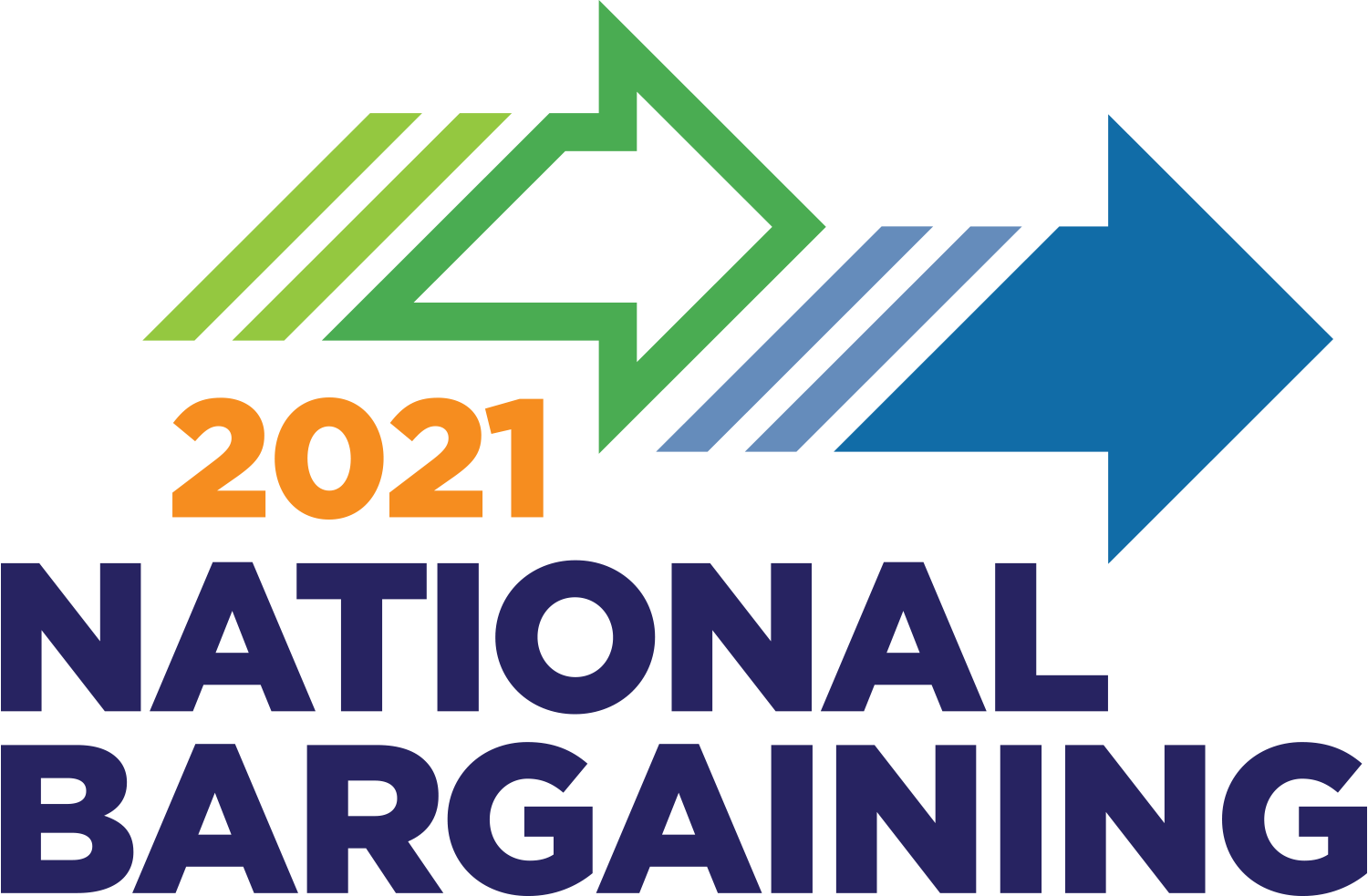Hank Winter 2015
See the whole issueWhy Go to All the Trouble?

The interest-based approach isn’t easy—but it has helped us address issues we all care about
“Interest-based bargaining is not a utopia and not always a win-win. It’s taken Kaiser and the unions a lot of hard work to get where they are,” says Linda Gonzales, director of mediation services for the Federal Mediation and Conciliation Service, Southwest Region. “[But] to resolve difficult issues in partnership is a strength.”
Because of interest-based bargaining, Kaiser Permanente and the Coalition of KP Unions have been able to go well beyond wages and benefits—the subjects of traditional bargaining—in negotiating four program-wide contracts. These National Agreements have developed industry-leading approaches to worker sick leave, safety and training and workforce development. They have created unit-based teams to improve patient care and service, set standards to hold teams and their sponsors accountable, and pioneered programs for the mutual growth of KP and the unions.
Interest-based bargaining pays off in other ways as well.
“To understand one another’s interests, you have to engage in inquiry and listening, and you have to resist jumping to conclusions about the other party’s intentions,” says Harvard Business School Professor Amy Edmondson. “Doing this develops leaders who better understand how the organization works.”
“People in health care look to Kaiser Permanente as the showcase for working together,” says Gonzales, who helped facilitate bargaining for the first National Agreement in 2000.
The mediation service last year recognized a handful of cases of successful interest-based bargaining. Our Labor Management Partnership was one of them.
